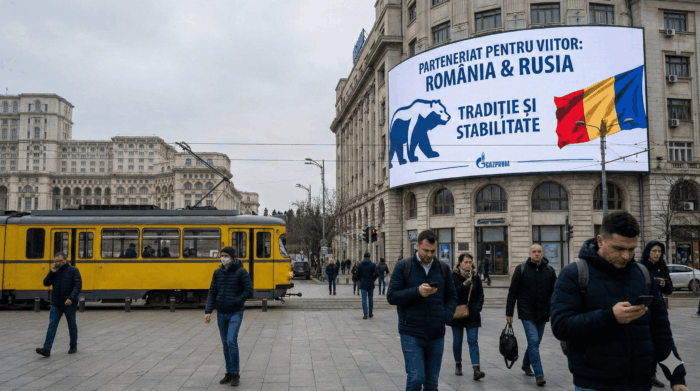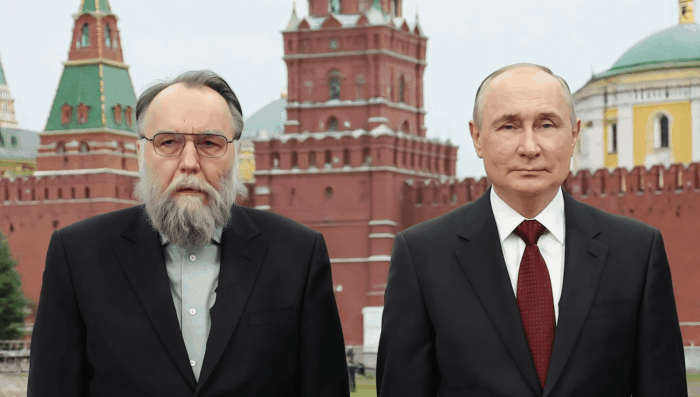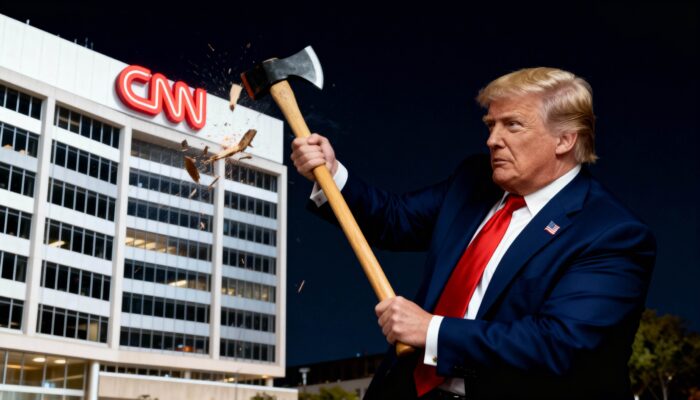The Royal United Services Institute (RUSI), a UK think tank, published a study last year examining China’s and Russia’s influence operations in Austria. The study details political influence attempts, common financial interests, media influence attempts, economic cooperation, cultural cooperation, intelligence activities, and the role of organized crime. According to the study:
July 21, 2020 This paper looks at the influence China and Russia are exerting in Austria to facilitate their economic and political interests. Political and media influence attempts, as well as common financial interests, are assessed, alongside an evaluation of how cultural institutions are used to make inroads into Austrian society. Alleged Chinese and Russian activity with regards to secret services and organised crime are also scrutinised. On a political level, Austria usually tries to act in tune with EU Common Foreign and Security Policy decisions. But not always. In terms of Russia, Austria shows more pro-Kremlin tendencies than most other EU states. This works to Russia’s advantage, because if it wants to influence the EU to lift the sanctions introduced after the illegal annexation of Crimea in 2014, it might be easier to start with a small member state. Economic decisions are made using a case-by-case approach. China has invested strategically in sectors of the Austrian economy, such as aviation. Russia has a longstanding interest in Austria’s energy infrastructure sector. However, due to the coronavirus crisis, all economic activity has slowed in the first half of 2020.
Read the full study here.
The Global Influence Operations Report has extensively covered both China’s and Russia’s influence operations in Europe. Recent reporting has included:
- In September, we reported that Russia is cultivating and supporting far-right groups in Bosnia and Serbia that operate under the guise of humanitarian aid.
- In August, we recommended a report examining China’s and Russia’s influence on the upcoming German parliamentary elections.
- In August, we published a GIOR investigation exposing how China uses business councils, lobby groups, and friendship associations in Europe to foster European elites sympathetic to China.










